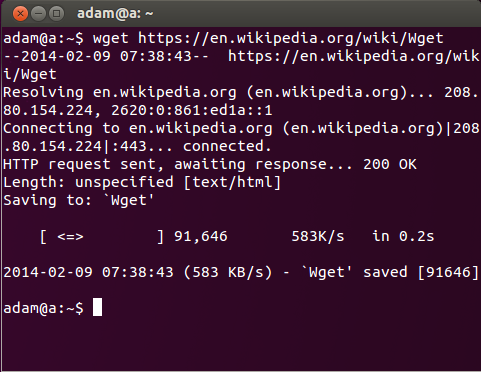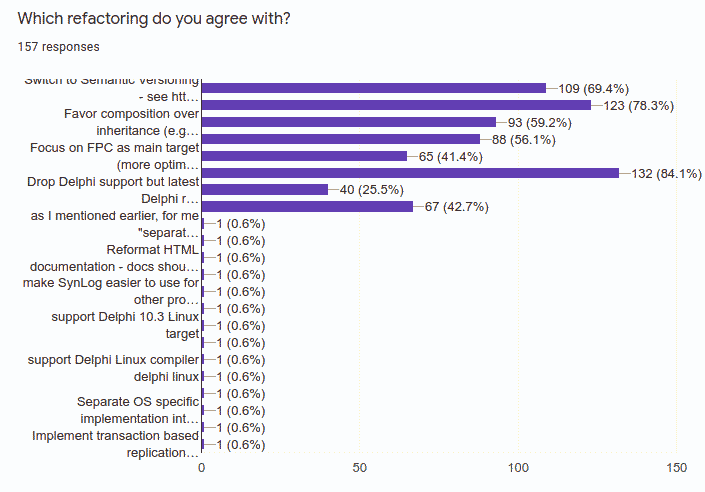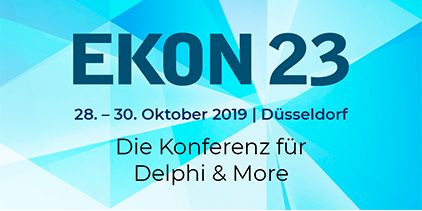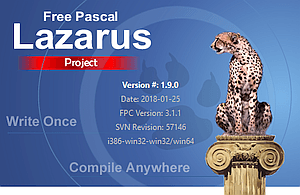
Debug information can be generated by compilers, to contain symbols and source code lines. This is very handy to have a meaningful stack trace on any problems like exceptions, at runtime.
The problem is that debug information can be huge. New code style with generics tends to increase this size into a bloated way...
On Delphi, mormot2tests generates a 4MB .map file;
on FPC, mormot2tests outputs a 20MB .dbg file in DWARF.
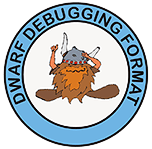
For Delphi, we propose our own binary .mab format which reduces this 4MB .map file into a 290KB .mab file since mORMot 1.
Now mORMot 2 can reduce a FPC debug file of 20MB into a 322KB .mab file!
And this .mab information can just be appended to the executable for single-file distribution, if needed, during the build. No need to distribute two files, potentially with synchronization issues.


